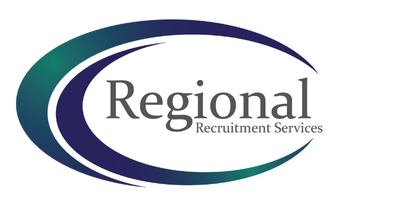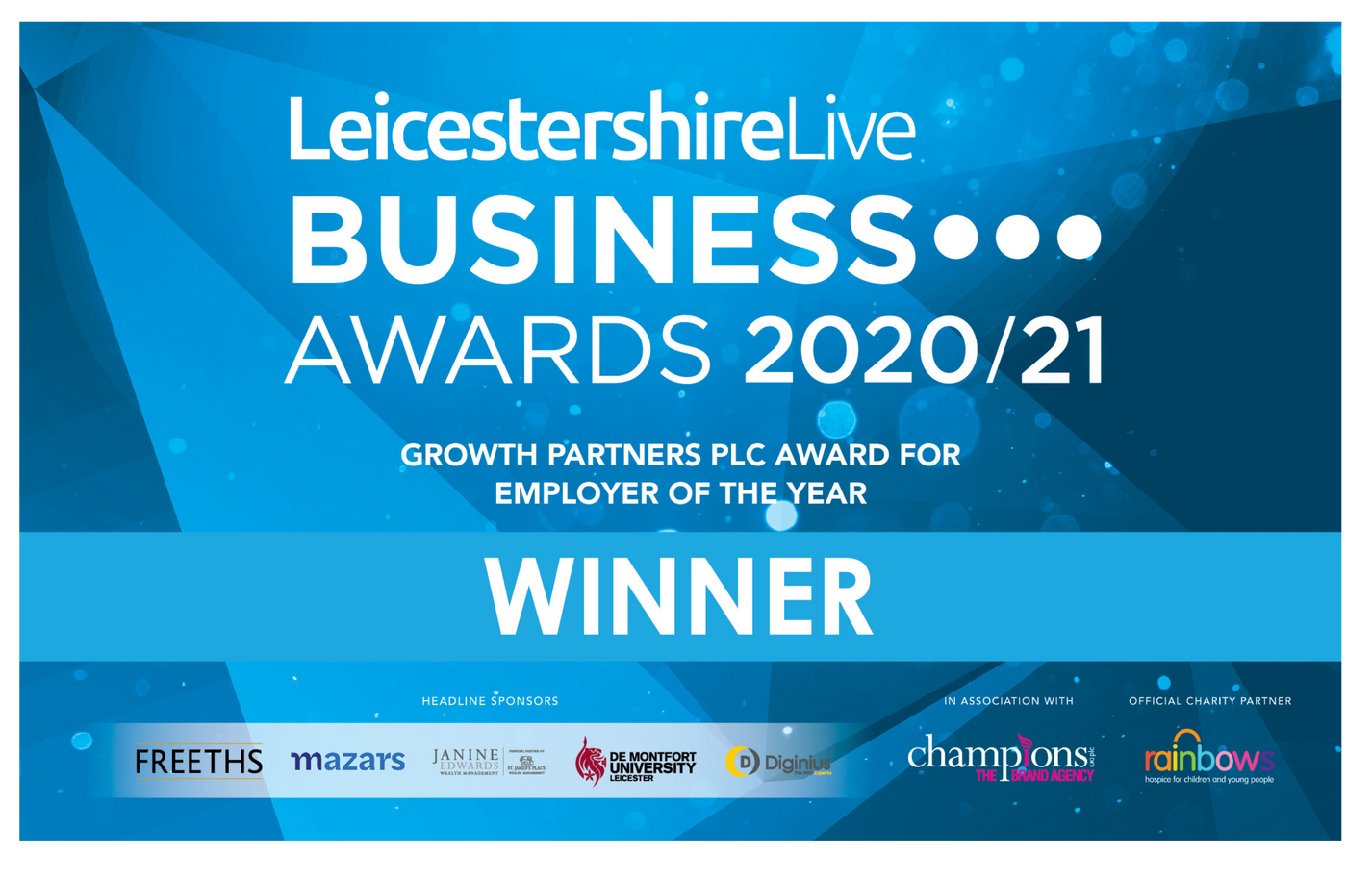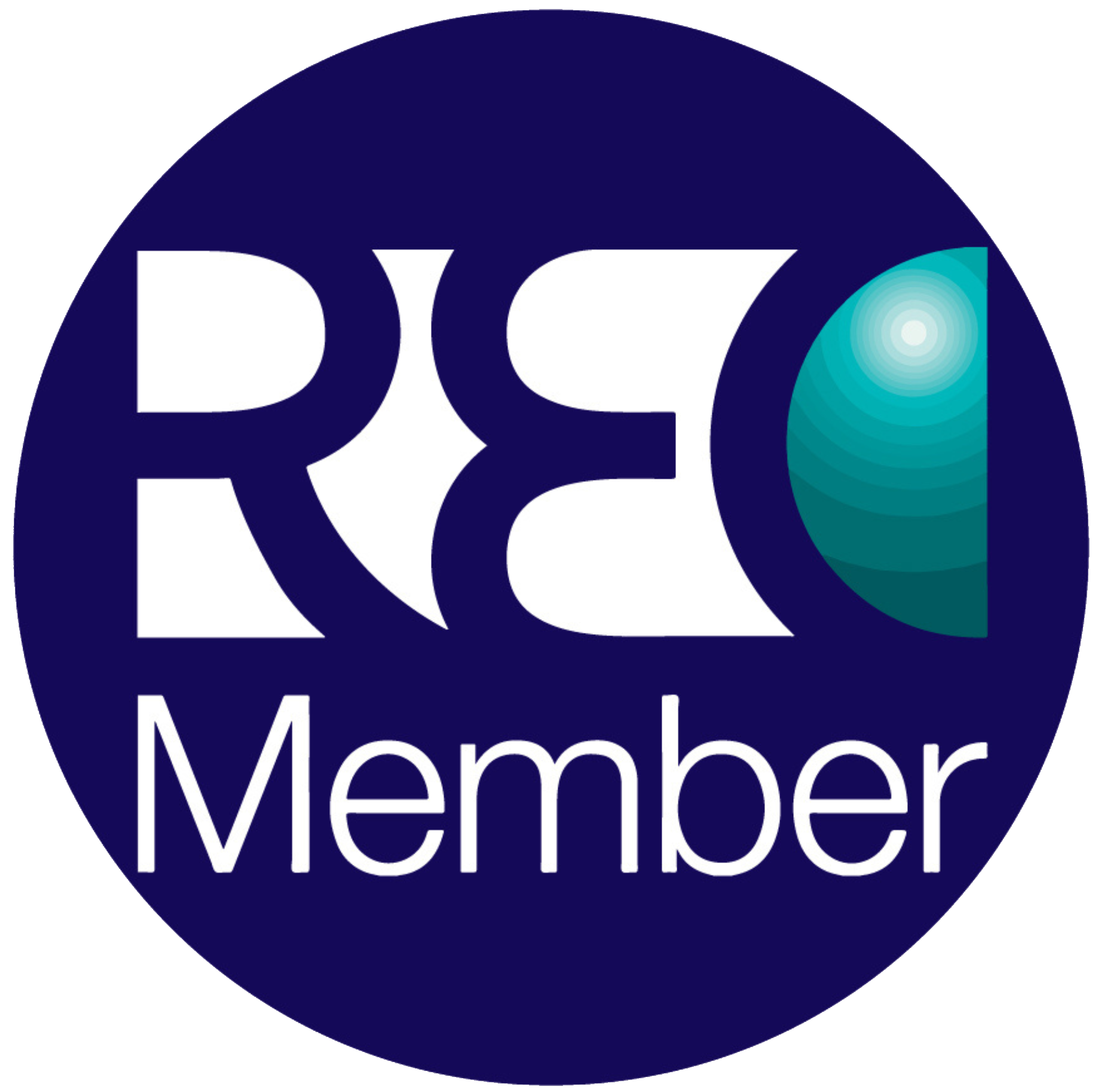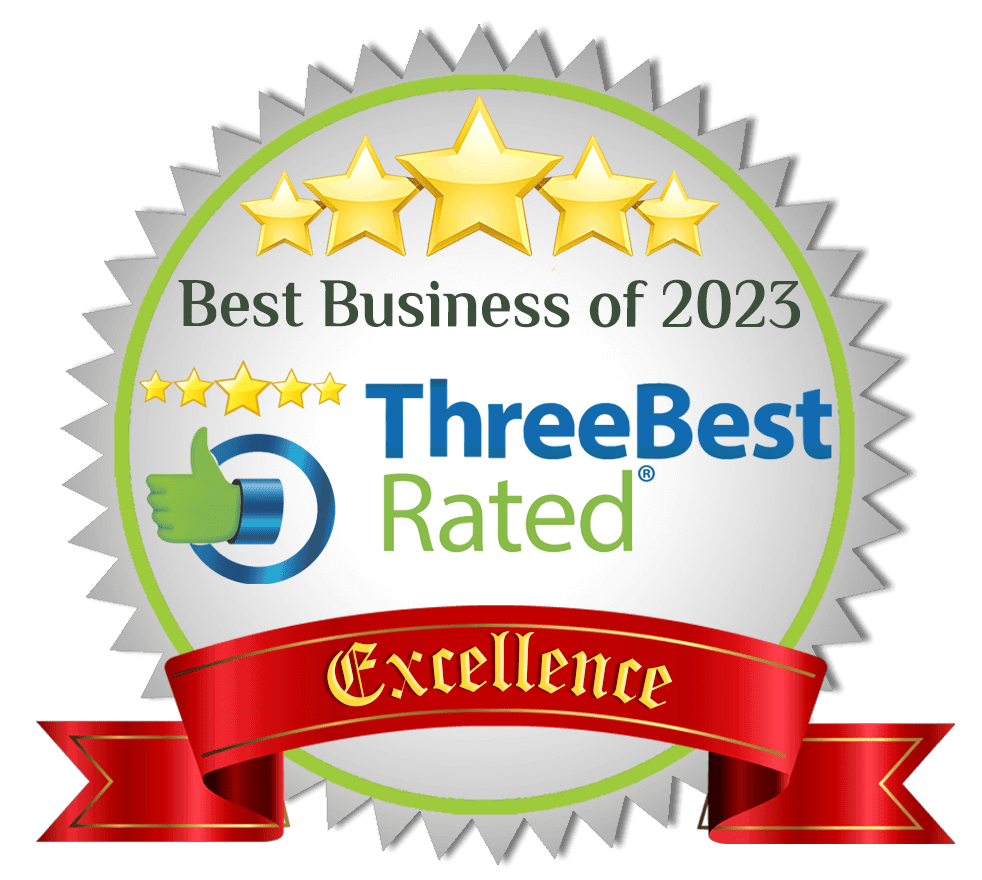Cracking the Code: Answering Tricky Interview Questions with Confidence
According to a recruiting survey, 90% of experts believe that the interview stage is ranked the first or second most important factor of the hiring process. Knowing this, it’s important you walk into an interview with confidence. In this blog, we will discuss eight common but tricky interview questions and give advice on how to best approach them.
1. Tell me about yourself...
A question like this would usually come at the beginning of the interview, it can be used as an introduction. Start by giving a personal introduction, state your name, age and your current position or most recent role. After this, you can highlight your relevant experience and education, summarise your professional background, and emphasise any achievements and skills, be sure to link this to why you would be the best person for the job. Finally mention a few key strengths and qualities you have and conclude on a positive note, express your enthusiasm for the role.
2. What is your biggest weakness?
This is a common question, the reason for it is to see if you are honest, self-aware and willing to improve. For this question, choose a skill that is not directly relevant to the job, briefly explain why you think it’s a weakness, then discuss steps you’ve taken to improve on this area. Highlight personal development and the progress you have made, share examples of this. Lastly, outline that although it is a weakness it would not affect your ability in the role, show that you are aware of the demands in the position and you are actively addressing any potential challenges.
3. Why should we hire you?
For this question you should sell yourself and what you have to offer. Express your enthusiasm and passion for the field of work, whilst drawing on relevant experience and achievements, much like you did for question one. Demonstrate how you can fit with company culture by outlining your working style, showcase adaptability and a ability to learn, and finally express your commitment to contributing to the success of the company.
4. Name a time you have worked well under pressure...
This question can be approached with a structure known as the STAR method, this stands for Situation, Task, Action, Result. Start off by stating the situation, briefly describe the context where you have experienced pressure, it is better to use an example related to work as you may have been asked this in relation to potentially handling workplace pressures in the role you are interviewing for. Task is next, clearly outline the task or challenge in which you were facing under pressure. After this is action, detail the specific actions you took to address pressures and emphasise your problem solving skills in this situation. Lastly comes result, finish with highlighting the positive outcomes of your actions under pressure.
5. Where do you see yourself in five years?
This question can be tough, a lot of us aren’t even sure what we are having for dinner tonight, let alone where we will be in five years. To tackle this question you don’t need to have everything planned out, you just need to show ambition, enthusiasm, and personal development. Align your professional goals with the company, connect your career ambitions with the long-term objectives of the business. Emphasise your commitment to continuous learning and skill development, discuss and express interest in leadership aspirations (if applicable with company). Finally, keep it realistic and flexible by acknowledging that plans can change, express a willingness to adapt.
6. Tell us an achievement you are proud of...
This question is again, a chance to sell yourself and ‘show off’ as such. Select an achievement that is relevant to the job or showcases skills valued by the company, you can then use the STAR method as discussed in question four, for clarity and detail. Highlight skills demonstrated that are related to the job and express pride and reflection from the lessons you learnt.
7. What can you bring to the company?
In this question, prior research is essential, look at the company values, mission, and culture, you can then align your response with this. Draw on your skills and qualities that will drive success in the role, stress your ability to work collaboratively with others, along with your adaptability and willingness to learn. Link these points back to the company values by tying your qualities to those of the company, they are actively trying to find the best fit for their company, so someone with aligning qualities and values would be appealing to them.
8. What is your salary expectation?
Salary can often be categorised as a taboo subject, it’s important to do your research of industry standards and salary ranges, give yourself a realistic benchmark. When asked your salary expectation, provide a range for the employer to work with, ensure this range encompasses your ideal salary and your minimum salary expectation. Express flexibility but be sure to emphasise your value, by showing openness to negotiation you are allowing yourself and the employer to come to a mutually beneficial arrangement, by highlighting your skills, experience, and what you can bring to the role, you are justifying your side of the arrangement, or in other words, your salary expectation.
Recommended Reading:
https://www.linkedin.com/pulse/hiring-youre-likely-relying-too-heavily-interviews-keith-wolf/
https://macstaff.co.uk/interview-preperation-technique/
Check out our YouTube, to see how our consultants answered these questions in a mock interview...













